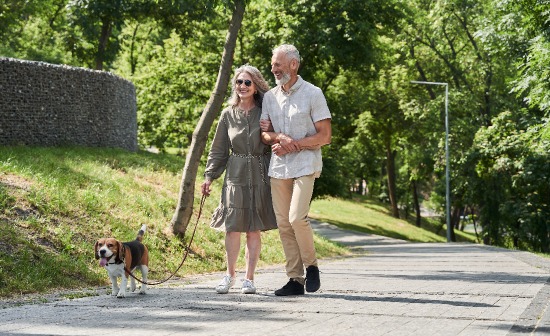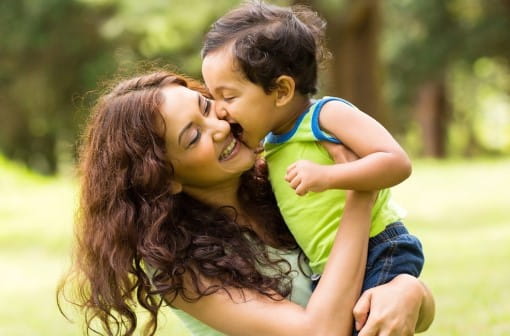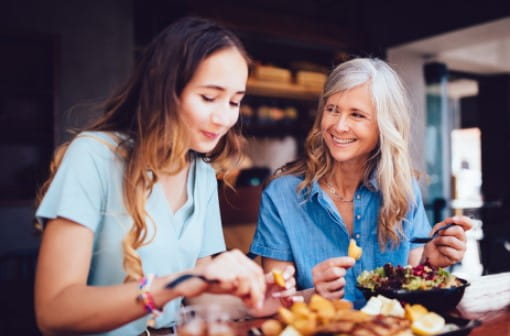Real Wellbeing is being in balance
Sometimes life can feel overwhelming, a constant juggling act. We believe that being in balance is key to Real Wellbeing. Explore tips and research that will help you find balance and achieve Real Wellbeing.
What is Real Wellbeing?
Life is a constant juggling act
Finding balance is no easy task. Real Wellbeing relies on a range of factors that bring balance and satisfaction to your life.

Can money buy happiness?
.jpg?h=336&w=510&hash=B37C7FF05E4E4A434120D2C49C5E6910)
Caring for our informal carers

The secret to a balanced life
The latest tips, tools and stories
Health
Healthier lives from the inside out, top to toe
Ready to make some changes but don’t know where to start? Find some inspiration to improve your physical and mental health.

Putting self-care at the top of our to-do list

How to set—and achieve—shared health goals with a partner

Mastering health insurance: how to get the most out of your cover
The latest tips, tools and stories
Money & finances
Financial wellbeing for every stage and change
Saving? Budgeting? Investing? Find out what financial wellbeing could look like for you.

Smarter investing, safer future: how to protect your money as an investor

Understanding the income-tested care fee

Five strategies to secure your family’s financial future
The latest tips, tools and stories
Goals & planning
Plan for the best (and the worst)
Whether you’re ticking off the big things or just getting your life in balance, we’ve got tips and tricks to help.

Four steps to prepare for a natural hazard

From Home Care Packages to Support at Home: key changes explained

What is the Support at Home program?
The latest tips, tools and stories
Community & relationships
The people & places that make us who we are
Having a network to share our success with or support us in tough times is critical for wellbeing, so it’s important to keep those ties strong!

How to take the stress out of family gatherings

The power of no: setting boundaries to protect your Real Wellbeing








